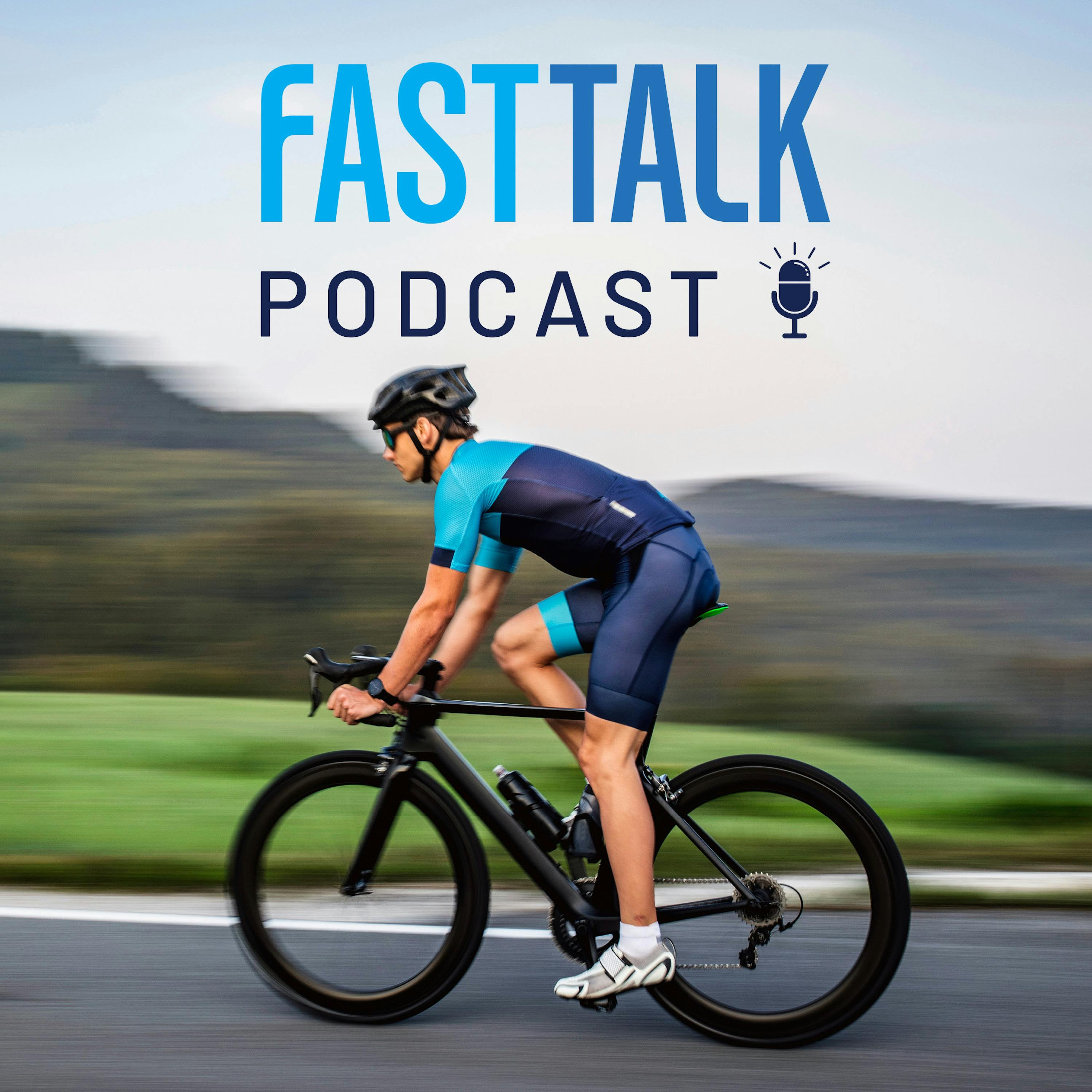146: Cardiovascular Drift, with Dr. Ed Coyle

If\xa0you\u2019ve\xa0listened\xa0to Fast Talk for a while,\xa0you\u2019ve\xa0likely heard\xa0us mention \u201ccardiac drift\u201d or \u201cdecoupling\u201d\xa0in several episodes.\xa0It's\xa0a favorite topic of Coach Connor's.\xa0The terms\xa0refer to cardiovascular drift, which is a\xa0"drifting" in heart rate and stroke volume over time. On the bike, we measure it by looking at a rise in heart rate\xa0relative\xa0to power.\xa0Many causes have been theorized\xa0including dehydration, muscle damage,\xa0cutaneous blood flow,\xa0and mitochondrial efficiency.\xa0\xa0\n\xa0\nWe\u2019re\xa0very excited\xa0to have as our featured guest today Dr. Ed Coyle,\xa0the University of\xa0Texas exercise physiology\xa0researcher who published\xa0the definitive\xa0articles on cardiovascular drift in the 1990s. In that research, Coyle, who is also the director of the Human Performance Laboratory at the university,\xa0and his colleagues\xa0demonstrated\xa0that\xa0even\xa0when hydration\xa0is\xa0maintained,\xa0CV\xa0drift can be experienced. This increase in heart rate reduces the time the\xa0heart\xa0has to\xa0fill with\xa0blood, and\xa0this is the main reason for\xa0a\xa0drop in\xa0stroke\xa0volume, or the amount of blood pushed out by the heart with each beat.\xa0\xa0\xa0\nThe drop in stroke volume\xa0is a hallmark of CV drift, and historically it has been attributed to blood pooling in the skin and less blood returning to the heart. Coyle and his team\xa0found\xa0no evidence that blood flow to skin is increased or that\xa0venous\xa0return is compromised.\xa0\xa0\xa0\nIn a practical\xa0sense, when a person becomes\xa0dehydrated during prolonged exercise,\xa0they also get hotter and experience a greater increase in heart rate and a lower cardiac output\xa0and\xa0circulation of blood: CV drift.\xa0The exercise\xa0becomes\xa0very hard\xa0when it should not be hard\xa0at all.\xa0Competitive cyclists\xa0interpret this to mean they are getting a\xa0\u201cbetter workout\u201d\xa0because\xa0it\u2019s\xa0more stressful.\xa0It certainly is more stressful, but that type of cardiovascular drift is a negative stress.\xa0It does more harm than good.\xa0\xa0\xa0\nWe\u2019ll\xa0dive into all of this and much more today on Fast Talk, as we hear from Dr. Coyle and\xa0a host of other incredible guests who share their thoughts on cardiovascular drift.\xa0\nNow, let's\xa0make you fast!\xa0\n\xa0\nLearn more about your ad choices. Visit megaphone.fm/adchoices